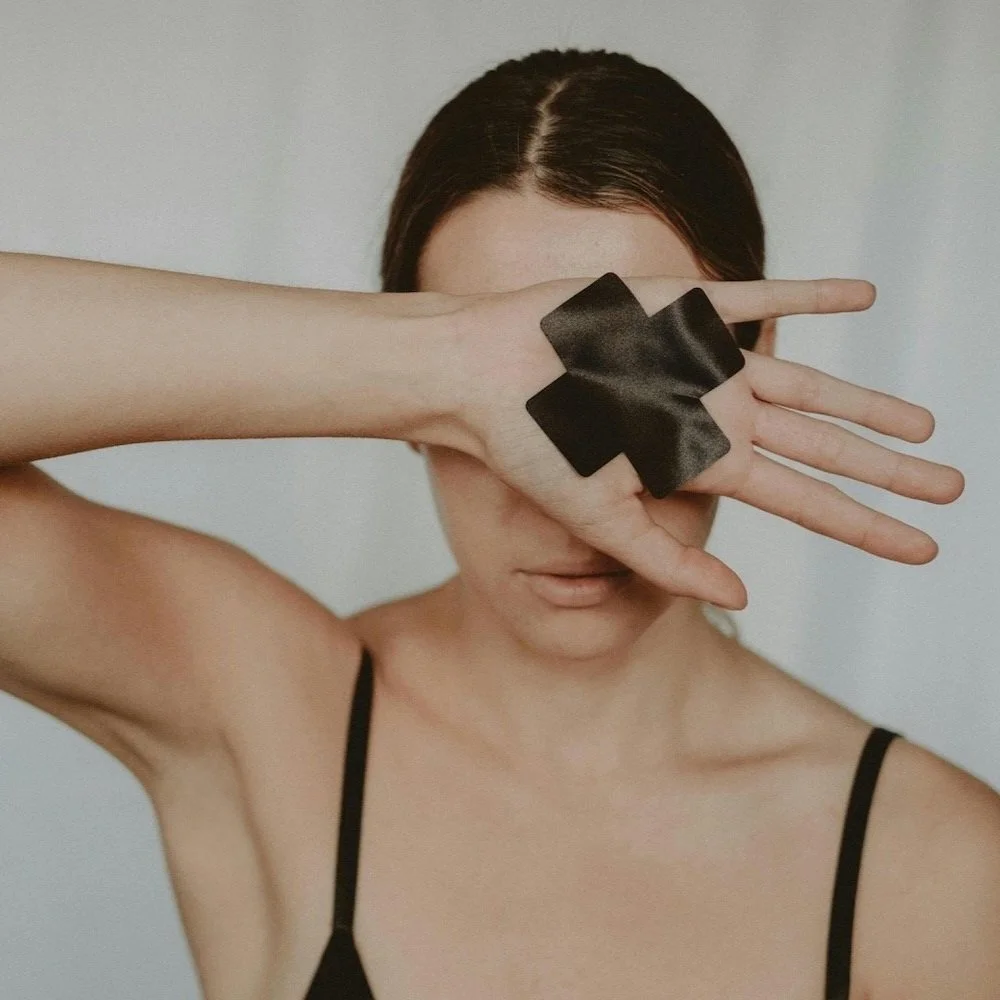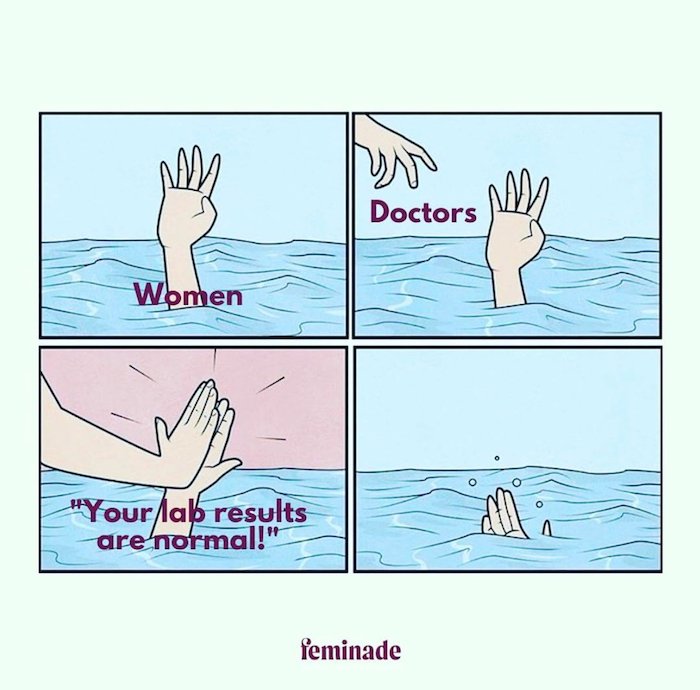9 Signs Of Menopause That Don’t Feel Like Menopause
by The Candidly Team
If you grew up in the 80s and 90s, your entire conception of menopause may have been reduced to the farewell to our period and the arrival of hot flashes. (Cue memory of Mrs. Doubtfire’s aside after putting out a fire on her own polyethylene foam chest.)
But now that we’re actually reaching the age of menopause ourselves, we get to do so in an age where we’re simultaneously learning of infinite ways that this transition reaches into practically every area of our health. Lucky us!
We kid.
Because in truth, we know that being informed is the very best way to prepare ourselves for every single sneaky stage of menopause. And the key to keeping ourselves our happy/healthiest through it all.
Which is why we asked expert OBGYN and creator of The Pause Life, Dr. Mary Claire Haver to shed some light on the not-so-obvious symptoms we should look out for. And what, of course, we can do to address them.
1. A lot of us worry about menopause being a hellish state of continual discomfort. Can you share some things that might ease our anxieties?
About 15% of women will have no "classic" symptoms and have the appearance of an "easy" menopause. But menopause is so much more than just period drama and hot flashes. It represents a time of increasing risks of chronic disease in multiple organ systems.
To have the best health in menopause - I discuss the menopausal toolkit with my patients/followers: nutrition, exercise, pharmacology, supplementation, stress reduction, and sleep - all of these tools work together to bring you the full and vibrant life that you deserve.
2. What are most of us WRONG about when it comes to our “idea” of what menopause might be?
Misogyny, lack of education, portrayal of the withered crone in popular culture, misunderstanding.
3. What are some of the subtler, more unexpected signs to look out for?
Unexplained weight gain
New belly fat growth
Mental health changes
Cognition changes/brain fog
New unexplained joint and muscle pain
Hair loss
Loss of sexual feelings
Sleep disruption
A general loss of resilience to normal stressors
Watch Dr. Haver highlight some oft dismissed signs of perimenopause below:
4. What are 5 actions we can take to have a better experience with this transition and ease the symptoms of menopause?
1. EDUCATE yourself and be prepared to advocate for yourself.
2. Maximize your nutrition - focus on high fiber foods, nuts, seeds, legumes, high quality protein (and make sure you are getting enough), avoid your personal triggers, keep added sugars less than 25g/day. Supplement gaps in nutrition as needed.
3. Exercise regularly - and not just cardio - strength training is critical to maintaining muscle mass, and therefore decreasing your risk of insulin resistance, diabetes, and visceral fat gain.
4. Reduce stress.
5. Prioritize sleep.
6. Consider pharmacology in the form of hormone therapy if you are a candidate.
5. And finally, can you give us a rundown of the main symptoms of perimenopause and menopause that may show up?
allergies
anxiety disorder
bloating or other digestive
changes
body composition
changes/belly fat
body odor
brain fog
breast soreness
brittle nails
burning mouth
changes in taste
decreased desire for sex
dental caries
depression
difficulty concentrating
disrupted sleep
dizzy spells
dry eyes
dry mouth
electric shock sensations
fatigue
frozen shoulder
headaches
heavy periods
hot flashes
irregular heartbeat
irregular periods
irritability
itchiness
joint pain
memory
mood changes
muscle tension and aches
new hair growth (whiskers)
night sweats
osteoporosis
stress incontinence
thinning hair (on head)
tingling extremities
This interview has been edited for length and clarity.
This article is for informational purposes only. It is not intended to be used in place of professional advice, medical treatment, or professional care in any way. This article is not intended to be and should not be a substitute for professional care, advice or treatment. Please consult with your physician or healthcare provider before changing any health regimen. This article is not intended to diagnose, treat, or prevent disease of any kind. Read our Terms & Conditions and Privacy Policy.















